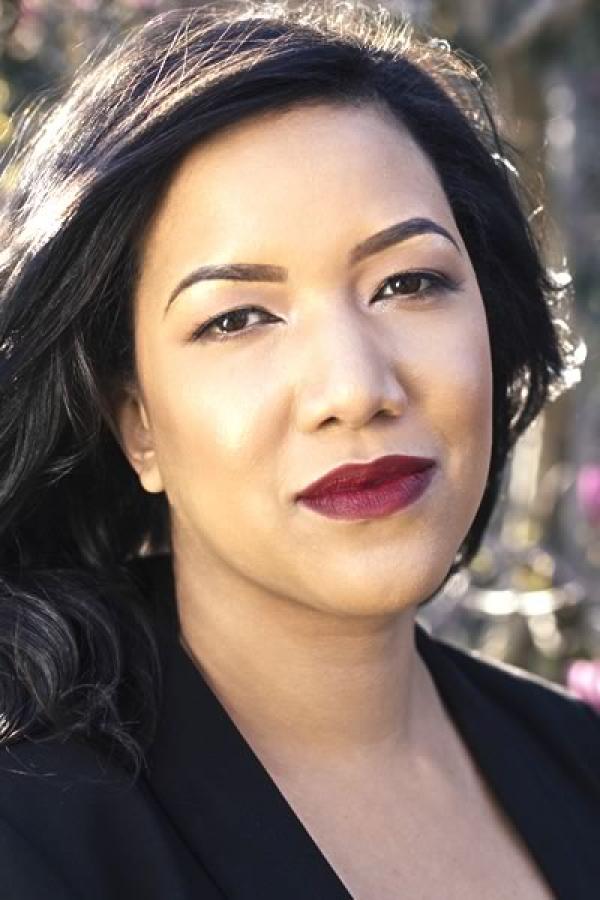Tiana Clark

Photo by Daniel Meigs
Bio
Tiana Clark is the author of I Can’t Talk About the Trees Without the Blood (University of Pittsburgh Press, 2018), winner of the 2017 Agnes Lynch Starrett Prize, and Equilibrium (Bull City Press, 2016), selected by Afaa Michael Weaver for the 2016 Frost Place Chapbook Competition. Clark is the recipient of a 2019 Pushcart Prize, 2018 Frontier Poetry OPEN award, 2017 Furious Flower’s Gwendolyn Brooks Centennial Poetry Prize, and the 2015 Rattle Poetry Prize. She was the 2017-2018 Jay C. and Ruth Halls Poetry Fellow at the Wisconsin Institute of Creative Writing. Clark is the recipient of scholarships and fellowships to the Bread Loaf Writers' Conference, Sewanee Writers' Conference, and Kenyon Review Writers Workshop. Her writing has appeared in or is forthcoming from The New Yorker, Poetry Magazine, Kenyon Review, American Poetry Review, New England Review, Gulf Coast, Ploughshares, Best New Poets 2015, and elsewhere.
For me, trees will never be just trees. They will also and always be a row of gallows from which black bodies once swung. This is an image that I cannot escape as poet, but one that I have learned to lean into as I delve into personal and public histories, explicating memories and muses around race, elegy, family, and faith. I make and break forms, as well as probe mythology, literary history, my own ancestry, and pop culture. I cannot engage with the physical and psychic landscape of the South without considering the braided trauma of the past. I will always see blood on the leaves. My intention is to bear witness to these public and private pains by infiltrating and destabilizing the traditional Western literary canon. The voice is not passive, but fixated on the echoes of histories pinging within black hurt. I take risks on the page as a form of resistance and in the interest of self-care poetics.
My poetry has always been a means of black persistence.
Just as Phillis Wheatley picked up a piece of coal to write her first words as a child, I come from that dark charcoal and from that strain of self-reliance and survival that’s persisted in blackness, from the Middle Passage till now. It’s in my blood, my coursing motivation.
I am around the same age as Phillis Wheatley when she died alone with her unpublished second manuscript, which is why I am beyond grateful for this incredible award at this point in my career. This is a colossal blessing, a new path that allows for more freedom to explore and wade through my imagination. Having the extra support will help me spend more time reading, researching, and writing toward my second poetry collection. Endless gratitude!
"Dead Bug"
Ok, I said it.
I was twelve. I was in the backseat
of a moving car. I had a crush.
I was silent, except for my mouth
chock-full of braces and rape.
I’ve been writing around the rim
of the word like the blunted tip
of a spent bullet. But, I said it.
I’m saying it now. I was twelve.
I was silent. I didn’t stop it, ok.
I had a crush and the mind of a child.
When I was a [ ], I spake as a
[ ], I understood as a [ ],
I thought as a [ ]: but when I became
[ ], I put away [ ] things.
I told you I had a crush. I’m telling
you I was crushed. I am crushing
the flood, overwhelming. What now?
There is a dead cockroach in the corner.
I won’t pick it up. I keep sweeping
(around)
the thing on the floor.

